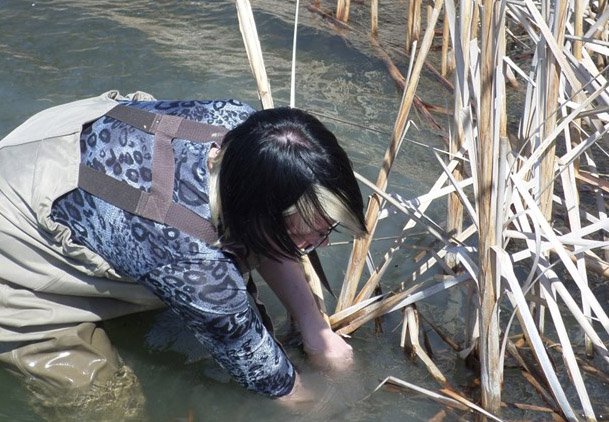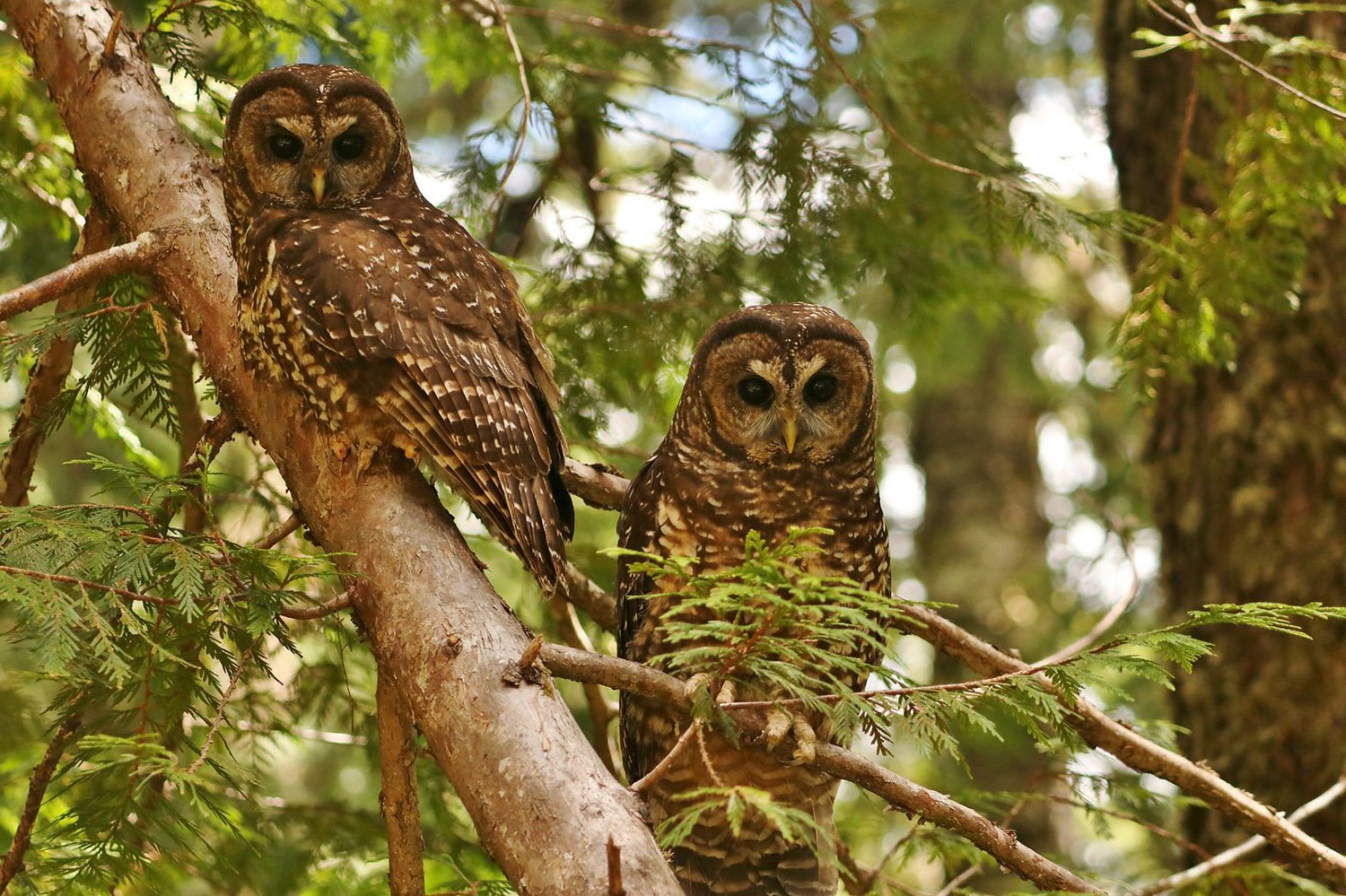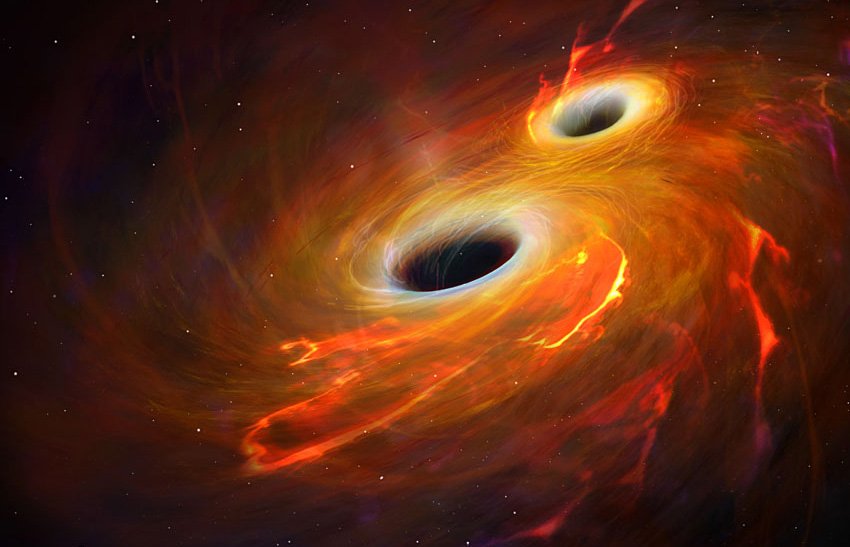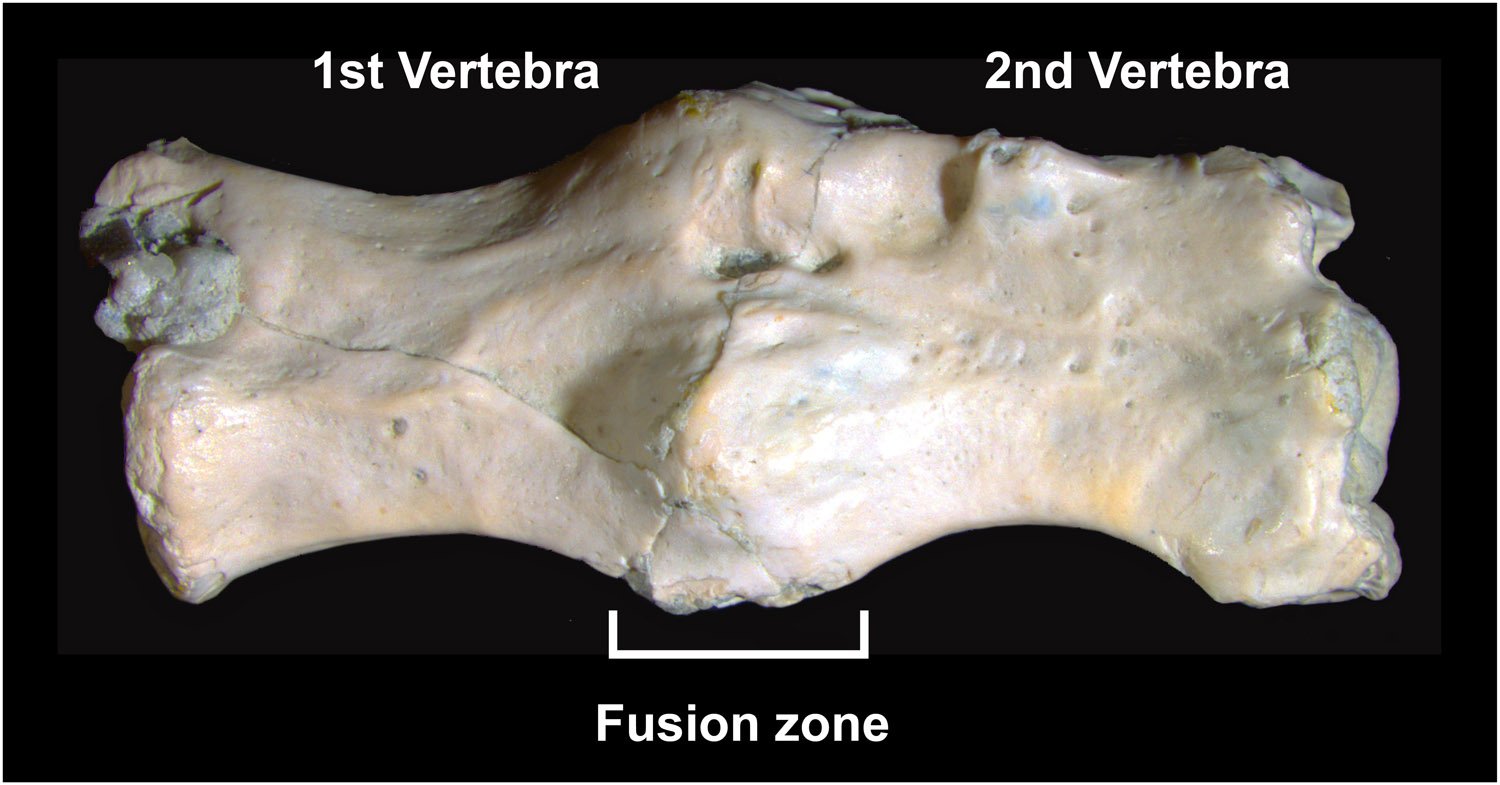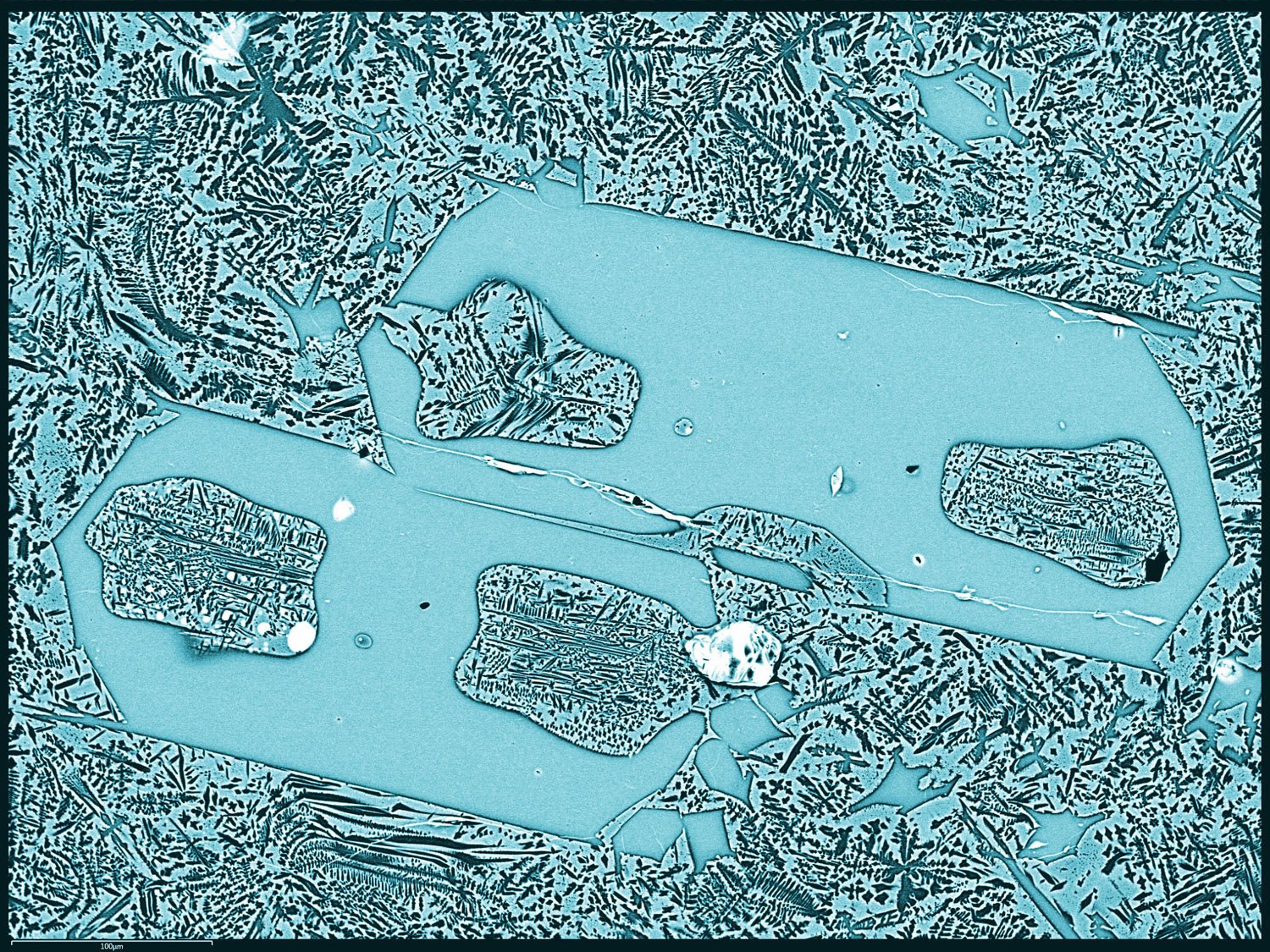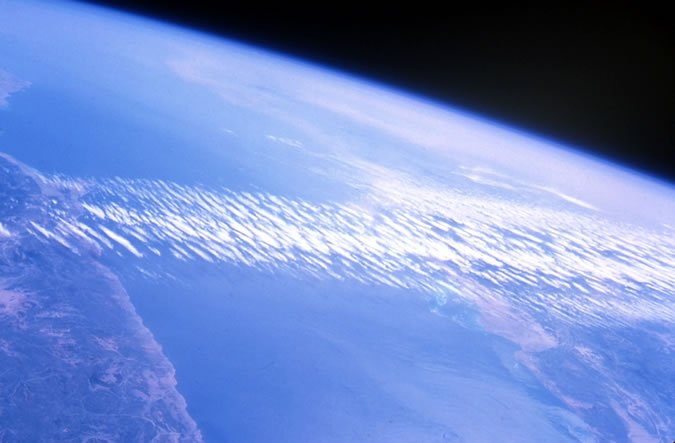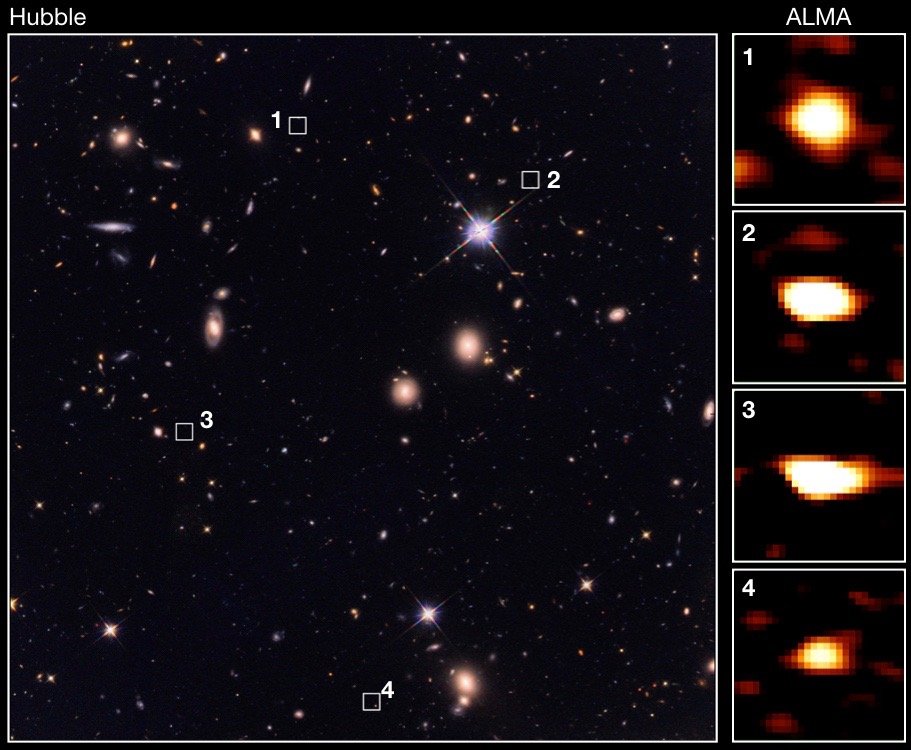Thermally-stable TB vaccine closer to reality thanks to microscopic silica cages
Scientists working on a new tuberculosis (TB) vaccine have achieved a major step forward by showing that a promising TB antigen and a novel vaccine adjuvant can be protected from heat damage with a technique developed at the University of Bath. Their method prevents these crucial vaccine components from spoiling outside of a fridge – … Read more

